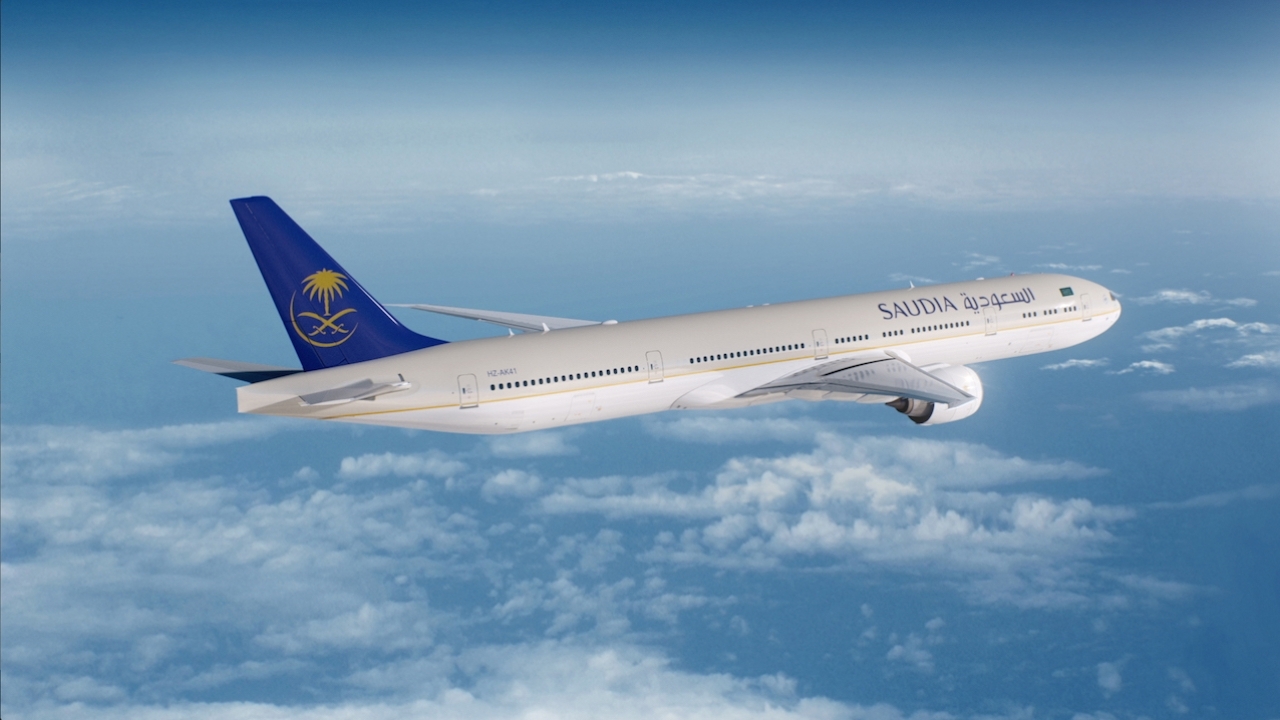Abu Dhabi forum attracts the world's best

Organiser Streamline Marketing says GSTF will “outline global policy relating to private ventures and future projects in space, new technology and research efforts, making space access easy and affordable”.
Experts from leading organisations such as NASA, the European Space Agency and others representing emerging national space programmes, are booked to speak. The programme has been set up to allow plenty of interaction and knowledge sharing in a relaxed setting.
Topics will include forecasts for the global space industry, international cooperation and collaboration in the space sector, the environment, energy and climate, plus space technology transfer.
Already booked to speak are Michael O’Brien, NASA’s assistant administrator for external relations, Dr Mohammed Argoun, director of the Egyptian space programme, Ahmed Al Mansoori, director general of the Emirates Institution for Advanced Science and Technology (EIAST), and others.
EIAST hit the headlines recently after DubaiSat-1 was successfully launched into space on July29 from Baikonour in
Organiser Rick Theobald of Streamline Marketing says that globally the space industry is expected to be worth one trillion dollars by 2020.
“Space is very much a growing market for the UAE and regionally we have an investment of $1.7bn,” said Rick. “A lot of companies are investing in space regionally and the ancillary industries will also benefit.
“I expect several space companies to be based at the large aerospace business park being built at Al Ain. The big composites factory that Mubadala is building in
There are now 20 emerging national space projects in the Middle East and
Last year Yahsat signed an agreement with the UAE Armed Forces to provide secure satellite communications in the UAE. Arianespace is set to launch the Yahsat 1A satellite in the fourth quarter of 2010. Another agreement has been signed with International Launch Services (ILS) to launch Yahsat 1B in the first half of 2011.
The conference will also look at space commerce, space ports, tourism, defence and military communications as well as what it takes to set up a national space administration, where NASA’s experience is expected to form part of Michael O’Brien’s speech.
Space tourism is also a hot topic in the UAE. Abu Dhabi’s Aabar Investments and Virgin Group recently announced that Aabar is to take a 32% equity stake in Virgin Galactic, billed as the “world’s first commercial spaceline”.
US-based Space Adventures also announced in 2006 that it is to build a $265m global Spaceport development project at Ras Al-Khaimah in the UAE, but almost no progress has been made since.
The company, which has organised the orbital flights for all of the world’s private space explorers, also announced that His Highness Sheikh Saud Bin Saqr Al Qasimi of Ras Al-Khaimah, along with the UAE Department of Civilian Aviation, had granted clearance to operate sub-orbital spaceflights in their air space.
The
GSTF 2009 organisers are also planning a series of special ‘closed door’ meetings for heads of space missions/projects from the Middle East, Africa and other emerging space markets with selected space suppliers. At these, decision-makers representing leading MENA space programmes and other emerging space markets will discuss their requirements and projects.
Other events arranged for GSTF include:
An exhibition of MENA space projects;
A networking dinner;
Awards programme;
Space technology seminars and workshops;
Overview of space activities in 2009;
An advanced sat-com conference (December 9).
The sat-com conference will look at next-generation trends in satellite communication, new markets, integrated satellite-terrestrial wireless networks and new opportunities for future development. Co-located with the Global Space Technology Forum, this will be a high-level event bringing together the world’s top leaders representing satellite operators, regulators, investors, researchers and top consumers for sat-com services and solutions.
GSTF 2008 was the first in the region and was a deemed a resounding success. Around 1,000 attendees from 18 countries attended with more than 80% of the visitors stemming from the UAE and the
Speaking at last year’s event, EIAST’s Ahmed Al Mansoori said the conference and exhibition provided a platform for sharing experiences between different entities.
“There is so much to be achieved with co-ordinated work. We would like to see the forum becoming a sustainable foundation for discussion and sharing of expertise among a growing base of experts in this region,” he said.
To find out more about the conference visit: http://www.smg-conferences.com/gstf/
Stay up to date
Subscribe to the free Times Aerospace newsletter and receive the latest content every week. We'll never share your email address.

